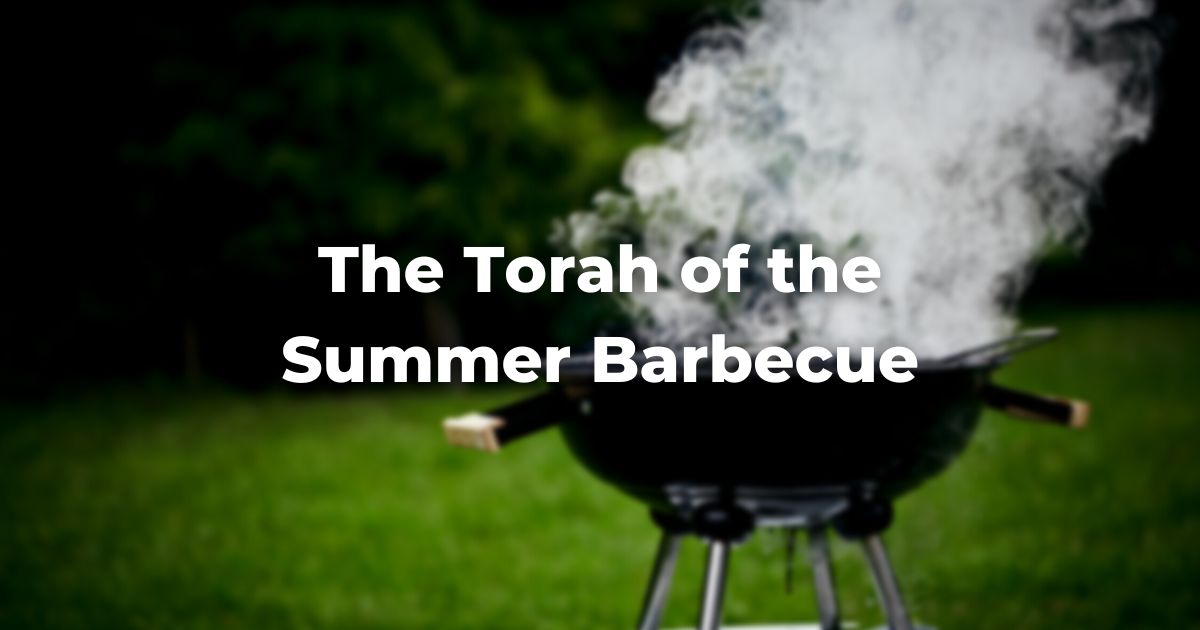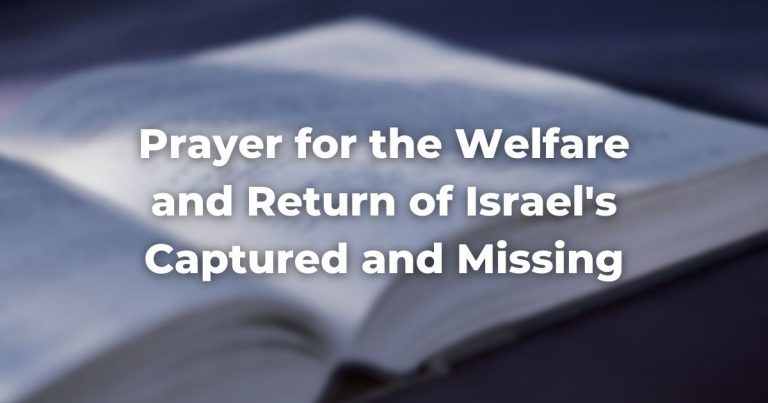I’ve been thinking lately about food. Summer barbecues, mostly. Hey, it is summertime, after all.
But also because of a text I’m working on. A few years ago, I discovered a semi-obscure Jewish text called the ‘Ohr HaTzafun‘ – The Hidden Light – by Rabbi Nosson Tzvi Finkel.
And in an essay in the book, he talks about the most Jewish thing ever – that desire to feed your guests. The human motivation to invite folks over for dinner or a picnic or a barbecue transcends the literal commandments and obligations that the TorahRefers to the first five books of the Hebrew Bible, the Tanakh, also called the Five Books of Moses, Pentateuch or the Hebrew equivalent, Humash. This is also called the Written Torah. The term may also refer to teachings that expound on Jewish tradition. Read more gives us, and is something he says is ‘The Torah of emotion and of the soul – this is the Torah of Hesed, of lovingkindness.’ Food for the soul, as it were.
When your Bubbie tried to stuff you with brisket and matzo ball soup, he argues, that was Torah, even if it isn’t explicitly in Torah.
That type of lovingkindness pervades the Torah down to its very fiber.
He argues that this level of hesedThere is no perfect translation, but is generally defined as “loving-kindness.” When we act with Hesed, we are doing Gemilut Hasadim. Also spelled: chesed Read more is so great that it encompasses the very core of Torah. It is the lesson of Abraham and his guests at the tent in Genesis 18, extrapolated out over and over again.
Your summer barbecue is an act of hesed, especially when you invite lots of people, and feed them well, and serve as a gracious host. Your noodle salad, contributed to your neighbor’s summertime potluck picnic, is also a tremendous act of hesed. Cooking with extra love, with extra effort, and with extra quantities, is an act of hesed.
And moreover, one might extend that hospitality out a little further – by inviting the neighbor that rarely gets an invite, or by setting aside a little bit of extra money from the barbecue shopping to go to the regional food bank, so that everyone might eat from your table.
Summertime is a great time for rest, relaxation, and rejuvenation during the long summer evenings. It is also a great time to connect with your neighbors and loved ones, and to extend and receive hospitality, like Abraham and Sarah, whose tent was open in every direction in order to welcome and feed.
Author
-

Mark Asher Goodman is spiritual leader and rabbi to congregations in both Erie and Pittsburgh, PA. He takes particular inspiration from the hassidic tradition, which attempts to make the Torah relevant on an individual and personal level. He is the author of recent book "Life Lessons from Recently Dead Rabbis: Hassidut for the People."
View all posts https://a.co/d/3VmhJPz






